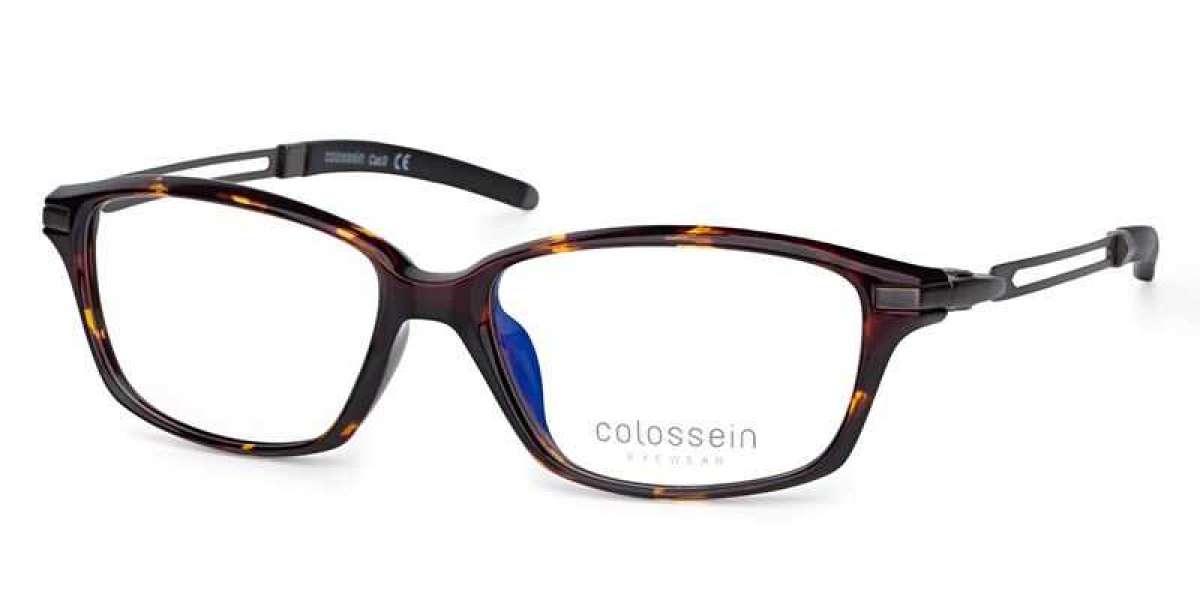When purchasing, there are several points to pay attention to, which is the blue light barrier rate, which generally needs to reach 20% -30% or above, or within this range. The key is that you don't need to wear anti blue light glasses when you have nothing to do during normal time. Most of the time you wear them while staring at the computer screen!
For some friends who have been staring at computers, mobile screens, televisions, etc. for a long time, and for those with dry eyes, it is suitable to wear anti-blue light glasses.
Children who are still developing, friends who do not often stare at electronic screens, and workers who require high color recognition, such as graphic designers and painters, are not suitable for wearing blue light glasses.
Natural light is sunlight, which includes seven colors: red, orange, yellow, green, blue, blue, and purple. Blue light is the blue light inside, with a fluctuation range of 385nm to 505nm. Blue light has both advantages and disadvantages.
The advantageous blue light wavelength ranges from 445 to 505nm, reaching the optic nerve through the retina of the eye, helping sleep and soothing emotions. Harmful blue light with wavelengths ranging from 415 to 445nm can affect the eyes and sleep quality. In the range of 415-445nm, the light transmittance is less than 80%, and above 445nm, it is greater than 80%. In this range, it is considered healthy.


